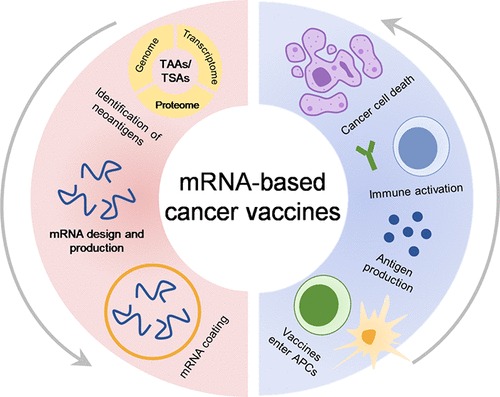
Follow WOWNEWS 24x7 on:
Updated: July 19, 2025 16:18

In a landmark development, scientists at the University of Florida have engineered an experimental mRNA vaccine that could revolutionize cancer treatment by activating the immune system to fight tumors, regardless of cancer type. Published in Nature Biomedical Engineering, the study demonstrates how this generalized vaccine—not tailored to any specific tumor—can trigger a powerful antitumor response, potentially paving the way for a universal cancer vaccine.
How It Works
The vaccine mimics a viral infection, prompting the immune system to respond aggressively
It boosts expression of PD-L1 protein inside tumors, making them more receptive to immune checkpoint inhibitors
Unlike traditional cancer vaccines, it doesn’t target specific tumor proteins—it simply revs up the immune system
Lead researcher Dr. Elias Sayour, a pediatric oncologist at UF Health, called the results “unexpected and exciting,” noting that even a non-specific mRNA vaccine could lead to tumor-specific effects2.
Results from Preclinical Trials
In mouse models of melanoma, combining the vaccine with PD-1 inhibitors led to strong antitumor effects
In models of skin, bone, and brain cancers, the vaccine alone showed tumor elimination in some cases
The approach could offer an alternative to surgery, radiation, and chemotherapy
Co-author Dr. Duane Mitchell described this as a “third paradigm” in cancer vaccine development—stimulating a broad immune response rather than targeting specific cancer mutations3.
What’s Next
Researchers are working to refine the formulation and move toward human clinical trials
If successful, the vaccine could become an off-the-shelf immunotherapy for a wide range of cancers
The technology builds on mRNA platforms similar to those used in COVID-19 vaccines, but with a different immune target
Sources: UF Health, India Blooms, MSN, Economic Times, NDTV



